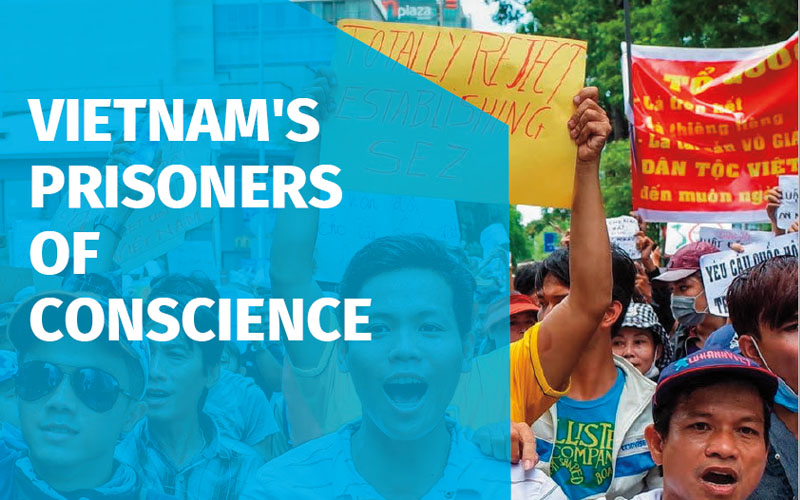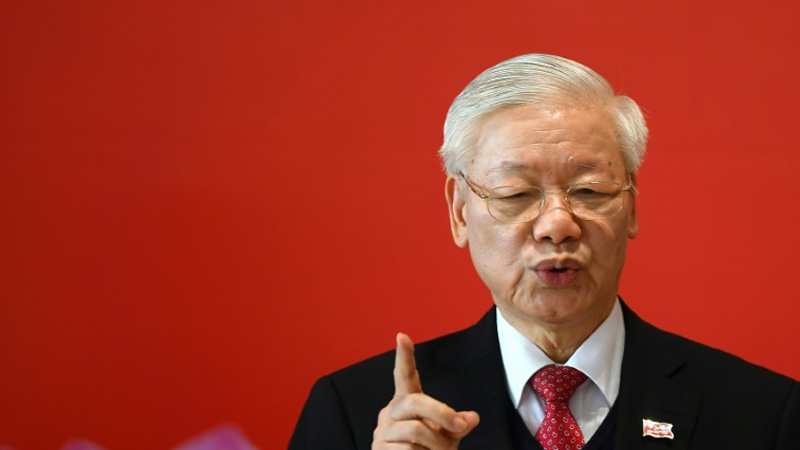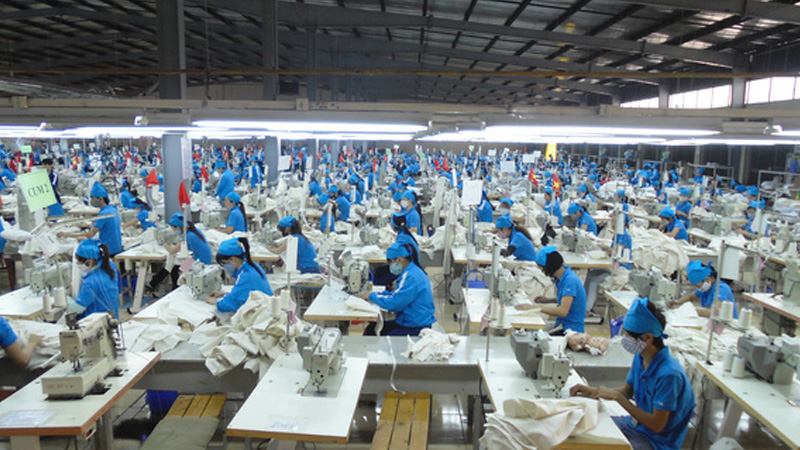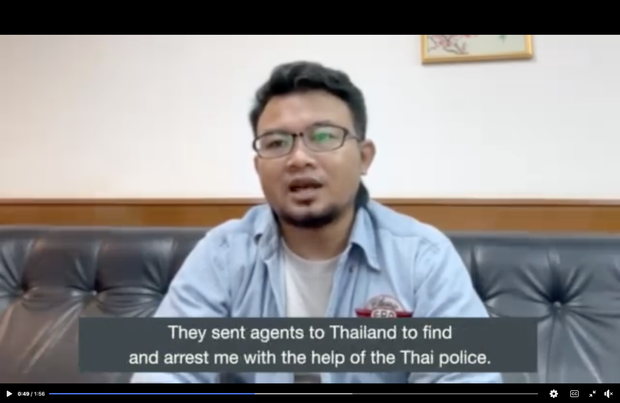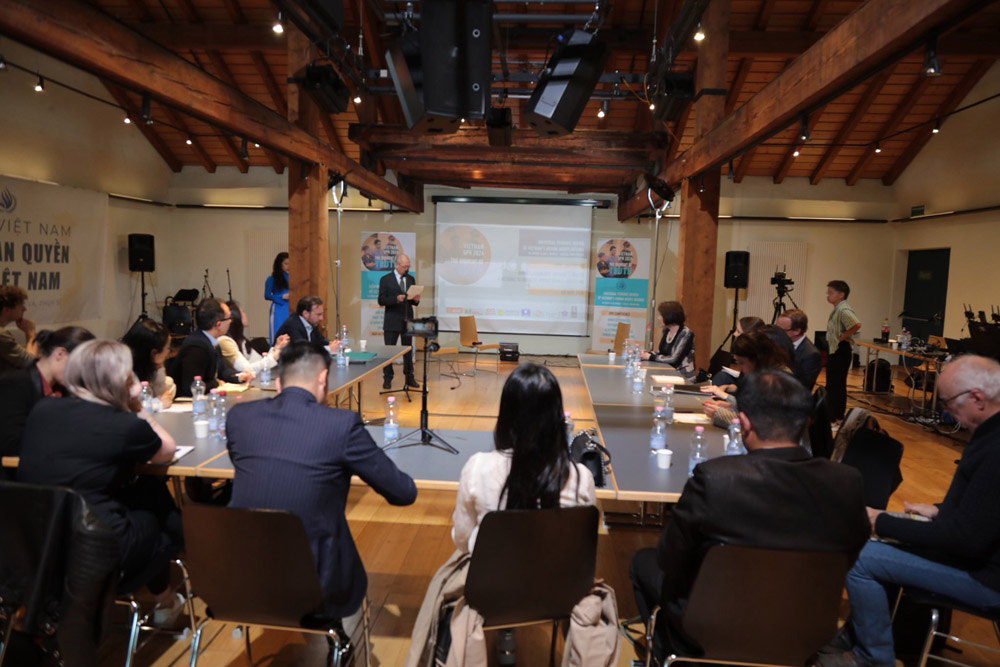December 2022
The Vietnamese government has continued to show its disregard for human rights. As a one-party state, Vietnam has oppressed independent media and outlawed any oppositional political parties. The crackdown on human rights defenders has intensified over the past seven years, with the use of vague penal codes to forcibly limit and suppress freedom of expression and peaceful political opposition. The penal code most often used to silence critical voices is Article 117 (propaganda against the state).
Since the Cybersecurity Law went into effect at the beginning of 2019, the authorities have used social media posts from platforms like Facebook to arrest and imprison activists. In August 2022, the Hanoi regime issued Decree 53 to require tech companies such as Meta and Google to store data locally in Vietnam. This type of policy is another way for the Vietnamese authorities to surveil its populace and restrict free expression.
Throughout 2022, a large number of activists were arrested and jailed in disregard of international human rights law that Vietnam has ratified, such as the International Covenant on Civil and Political Rights. The government targeted political critics such as prominent writer and activist Pham Doan Trang, who lost her appeal against a 9 year jail sentence, and vlogger Le Van Dung (Le Dung Vova), who was sentenced to 5 years in prison.
Lately, Hanoi has expanded its repression tactics by detaining individuals speaking up about social injustice and environmental degradation. For example, five monks and a volunteer from an independent Buddhist community (Thien Am Ben Bo Vu Tru) were arrested and sentenced to a total of 23.5 years of prison for “abusing democratic freedoms.” On the other hand, Vietnamese authorities used charges of “tax evasion” to arrest and imprison several environmental activists, some were board members of a network established to monitor the implementation of the European-Vietnam Free Trade Agreement (EVFTA).
There are more than 300 activists imprisoned in Vietnam for their political opinions. The following biographies of Vietnamese prisoners of conscience are not exhaustive, but it provides an overview about the people who dare protect human rights and challenge authoritarian rule at the risk of spending decades in prison.

Download the 2022 Report in pdf:

